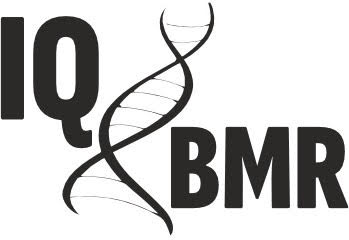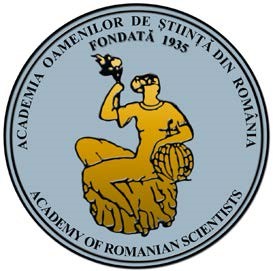Mihaela LUCA, Alin CIOBÎCĂ
ABSTRACT :
Artificial Intelligence (AI) has become a pivotal force in the transformation of biomedicine, merging algorithmic power with biological science to revolutionize research, diagnostics, drug discovery, and personalized medicine. This synergy between AI and biology is opening new avenues in order to understand the complexities of life, accelerate medical breakthroughs, and deliver precision healthcare tailored to individual patient needs. The transformative revolution of AI merged biomedicines maturing into a central driver of discoveries and clinical innovations. Once viewed as a futuristic possibility, AI-assisted tools are now actively reshaping the understanding of illnesses, abnormalities, deviations and the way we treat them. AI models begin to act as partners, not just as passive tools. Unlike traditional statistical approaches, modern deep learning architectures — particularly attention based models such as transformers — can integrate vast and heterogeneous biomedical data streams: genomic sequences, molecular structures, radiological images, electronic health records, and even real-time patient monitoring data. Latent patterns invisible to human experts might be uncovered through AI, accelerating both fundamental knowledge and applied therapeutic strategies.

